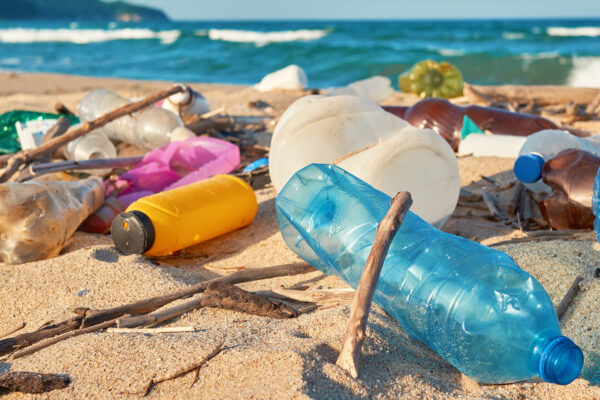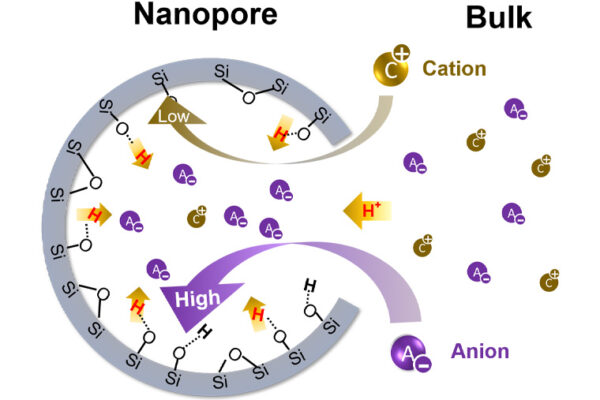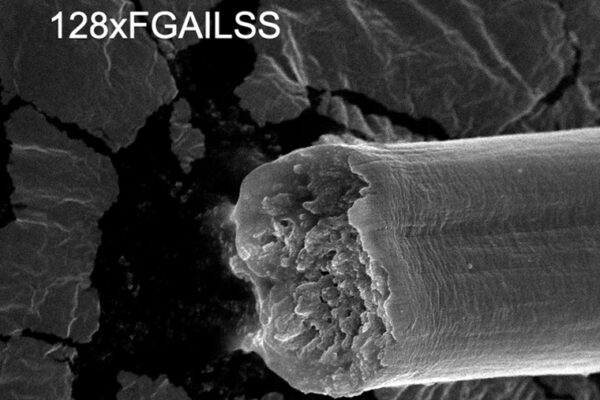Young-Shin Jun’s research expertise includes environmental chemistry and engineering, geochemistry, nano-chemistry, materials chemistry and engineering, surface chemistry, and chemical engineering.
Her work investigates energy-related subsurface engineering systems, including geologic CO2 sequestration, conventional and unconventional oil and gas recovery, hydrothermal energy, and nuclear waste disposal.
In addition, her research group studies biomineralization and bio-inspired chemistry to develop novel materials for a more sustainable environment.
A team of researchers led by Young-Shin Jun at the McKelvey School of Engineering analyzed how light breaks down polystyrene, the plastic from which packing peanuts and disposable utensils are made. They found that small plastic particles interact with neighboring substances more easily than previously thought, including with things like heavy metals and organic contaminants.
Researchers from the McKelvey School of Engineering discover the conditions inside tiny pores can have big consequences for chemistry.
A new fiber, made by genetically engineered bacteria in the lab of Fuzhong Zhang, is stronger than steel and tougher than Kevlar.
Young-Shin Jun, an engineer at Washington University in St. Louis, has developed a new use for a high-energy X-ray technique that has allowed her the first glimpse at the formation of iron hydroxides on a quartz surface. The implications are sweeping.




